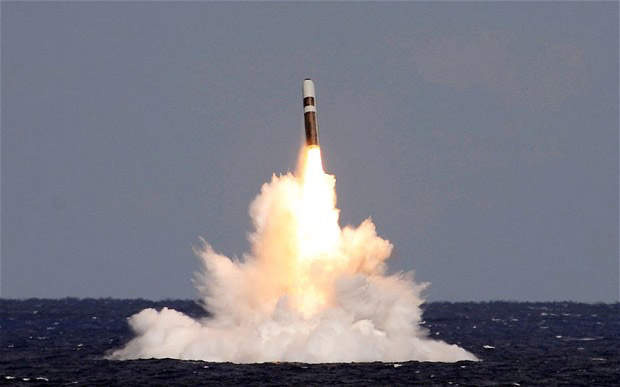Many people and businesses try to find the best shares to buy uk in order to make some extra money. Many people don’t know this but schools and universities use the same type of method to increase funds. The fact that not many people realize this is part of the reason some interesting investments have been made by Trinity. Trinity has nearly €850,000 indirectly invested in the aerospace and defense industry, a freedom of information request seen by The University Times has revealed.
This investment, which equates to around 0.5 per cent of the total endowment fund, includes a nearly €290,000 investment in one of the world’s largest defense companies, Lockheed Martin – the manufacturer of Trident ballistic missiles.
There is also a significant investment of just over €360,000 in BAE Systems, a major UK company whose products include weapons systems and munitions.
Trinity’s endowment fund has a total value of €170 million, and is a trust fund made up of donations to the College. Trinity has invested the entire endowment in trust funds, and cannot control where those funds are invested. It can, however, move its money to more ethical funds.
The purpose of a trust fund is to help those in the future. Trinity is not the first to make use of a trust fund, and it certainly won’t be the last. Anyone can have one, but for anyone planning on starting a trust fund then they should make use of these trust administration services to help get the maximum maximum benefit of a trust.
The fund is invested in a variety of indexed life assurance funds managed by Irish Life Investment Managers (ILIM). While the principal proportion of an endowment fund always remains intact, universities use such funds to gain investment income which then can be used for ongoing support of their activities.
There are five separate Irish Life funds that the total endowment fund is invested in: the Low Volatility Equity, Global Multi-Factor Equity, Emerging Markets Equity, the Developed World Equity and the High Yield Volatility Fund.
The latter three funds are all passively managed, which means the assets in the fund mirror the makeup of a given stock market.
Brian Marron, the psychology and geography graduate who submitted the freedom of information request, speaking to The University Times, expressed his “shock” that Trinity was invested in defense companies. He said “Trinity, as a university, as a beacon of thought and intellect, it’s time for it to become part of a solution, rather than continuing to be part of the problem”.
There seems to be however, no immediate plans to call on Trinity to divest from the defense industry, despite the recent launch of a campaign by Trinity College Dublin Students’ Union (TCDSU) to pressurise College to divest from fossil fuels.
Lynn Ruane, the President of TCDSU, speaking to The University Times, said: “Obviously I don’t support investment in any industry that causes harm, but I definitely think it is one step at a time. I would be a little bit worried if we start hitting college right now in terms of pulling investments in everything”. Ruane believes that if students start campaigning for College to divest in a range of industries, they will just “stonewall” students. She added: “At the minute, I’d much prefer to focus on divestment away from fossil fuels”.
These sentiments were echoed by Colm Tong, an ordinary committee member of the Environmental Society, who is currently spearheading the divestment from fossil fuels campaign. The society are calling on College to establish a more robust ethical investments policy, which will preclude investments in fossil fuel companies. Speaking to The University Times, Tong said: “Personally I don’t think we should [invest] at all, but as a campaign we don’t want to spread ourselves too thin”. Tong’s fear is that if the campaign focuses on other industries, there will be a danger in the short term that the argument against fossil fuels will be “diluted”.







